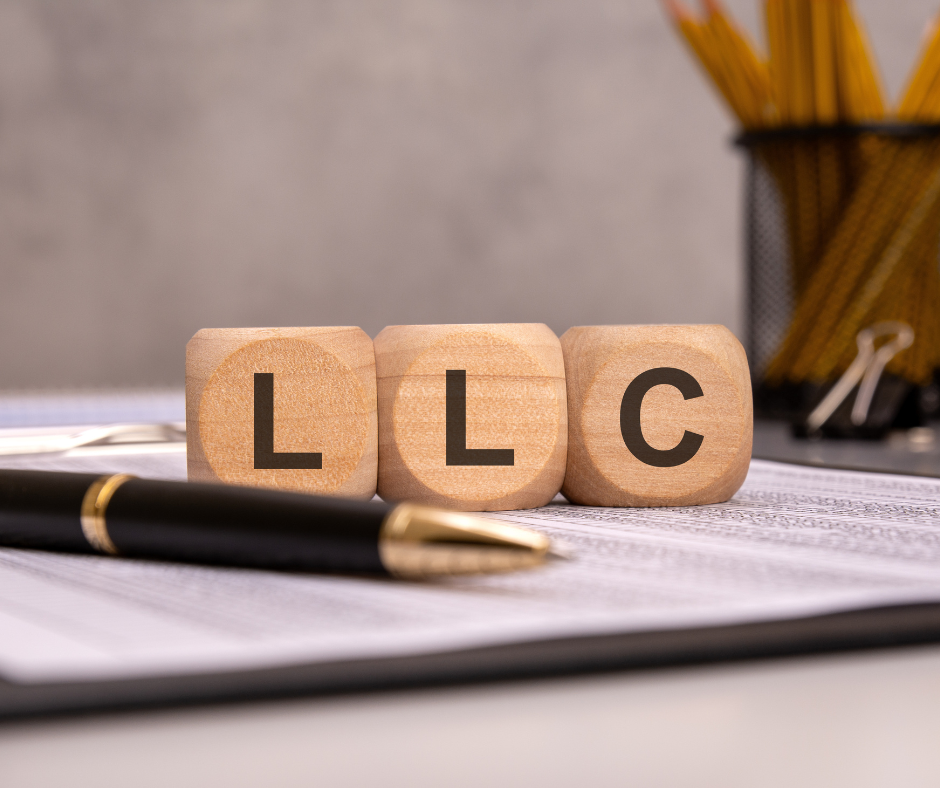Joint conservatorship is the legal process of appointing two people — called co-conservators — to make financial decisions on behalf of another person.
While careful estate planning can often prevent the need for conservatorship, sometimes it cannot be avoided. If you find yourself in a position to consider partnering with another person to hold joint conservatorship, understanding the requirements and responsibilities of a conservator is important to uphold your loved one’s best interests.
Who Needs Joint Conservatorship?
Conservatorship is a way of protecting a person’s property, income or other assets when they are unable to make financial or business decisions in their best interests. Generally, co-conservators act in the interests of adult protected persons, but it is possible for minors with their own estates to be under conservatorships.
Conservatorships are not the same as guardianships. The conservator has no authority to make decisions for the protected person with regard to their personal well-being, including health decisions. Still, conservatorships do have a significant impact on the lives of those they are intended to protect.
Many everyday people have become familiar with the term “conservator” after learning that Britney Spears’ father is a co-conservator of her estate. While every situation is different, it is often celebrity conservatorships that inform people’s understanding of the arrangement. Some other celebrities who have been or are currently under protection include:
- Actress Amanda Bynes: After her diagnosis with bipolar disorder and recorded history of drug use, Bynes’ mother was appointed her conservator.
- The Beach Boys’ Brain Wilson: In 1990, Wilson’s family asked the court to appoint a conservator in order to protect the singer from an allegedly abusive therapist.
- Folk singer Joni Mitchell: After a brain aneurysm in 2015, Mitchell was appointed a conservator.
Although celebrity cases are intriguing to many, most of the over 1 million people under conservatorships in the United States are those living with disabilities. In many cases, it is the loss of a primary caretaker that results in the filing of a petition for a conservatorship.
You may find yourself in the position to consider petitioning the court to appoint you as conservator for a loved one. Joint conservatorship means you do not have to go it alone.
How Do I Get a Joint Conservatorship?
If you are seeking joint conservatorship of a loved one, you will first file a petition with the Probate and Family Court. This petition will need to address the following:
- Why is conservatorship needed? The petition needs to say why you and your co-petitioner believe the conservatorship is necessary. People with special needs, acute onset of severe mental illness or traumatic brain injury — or even those who have gone missing — might all be candidates for conservatorship to ensure that their property and finances are in the best hands.
- What harm will conservatorship prevent? In the 1990s, courts around the country made changes to conservatorship laws to prevent unnecessary removal of people’s rights to make their own decisions. Therefore, it is the responsibility of the petitioners to demonstrate the harmful consequences of allowing the protected person to manage their own finances.
- How will the co-conservators prevent that harm? The people petitioning for conservatorship should be able to specifically identify which actions they plan to take to prevent the harm mentioned in the petition.
Tell Us About Your Concern
Contact Us Today for Your
Case Evaluation
- Your Information Is Safe With Us
How Long Does a Conservatorship Last?
While a permanent conservatorship lasts until the protected person dies or a judge revokes it, a temporary conservatorship lasts only for 90 days.
If the issue preventing the protected person from managing their own affairs has not yet been resolved, the court may extend the order for an additional 90 days — after that, the co-conservators may petition for a permanent conservatorship if other arrangements have not been made.
In some cases, conservatorship may protect a person while a trust is established to provide structured access to their inheritance. For example, someone who is unable to manage their own finances but has inherited a large estate may need both a conservatorship and a trust.
What Does a Conservatorship Lawyer Do?
Conservatorship attorneys can support any interested party in a conservatorship case. The goal of the courts and attorneys is to find the most effective — but least restrictive — way to protect a person who needs it.
In most cases, a trust can also be a way to avoid the need for a conservator for yourself or even your child with special needs in the event that you become incapacitated. By nominating someone to handle your affairs now and funding the trust, you can almost always ensure that the extreme step of joint conservatorship is unnecessary. A wills and estates lawyer can work with you to determine the kind and level of estate planning that will help protect you and your family.
How Do I Avoid Conservatorship?
No one wants to consider worst-case scenarios, but planning ahead can prevent you or your loved ones from feeling deprived of your rights and independence. A robust and individualized estate plan can provide financial security and peace of mind, and The Law Offices of Kimberly Butler Rainen can help you find the best solution for your family.
Contact our office today to schedule a consultation.
Professional Associations




Contact Us Today
Real Clients, Real Testimonials
Contact Us
- Your Information Is Safe With Us


